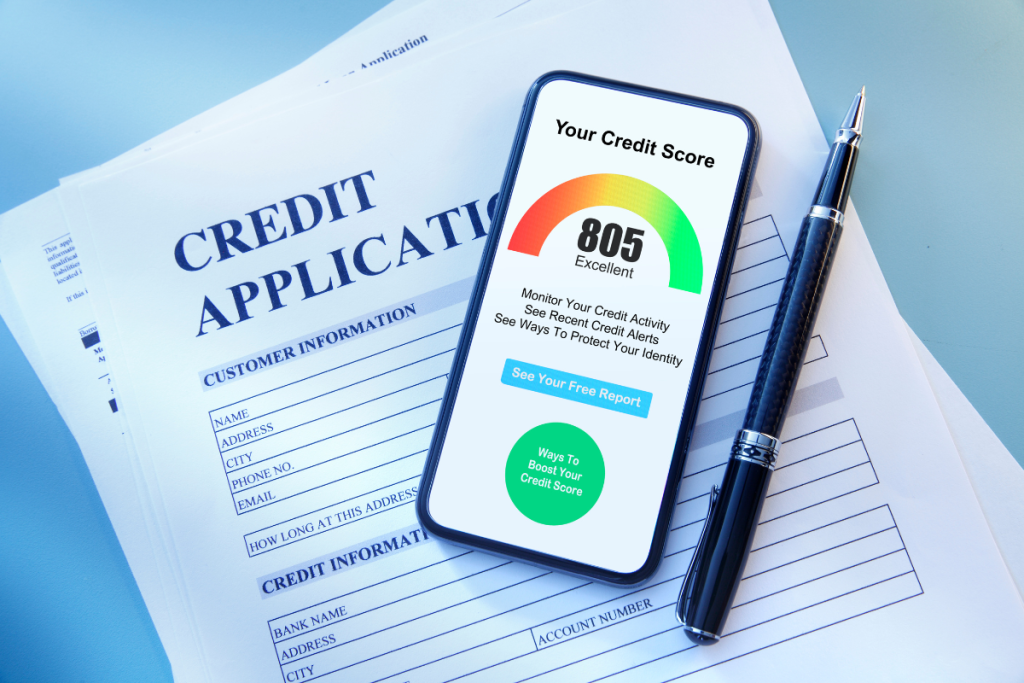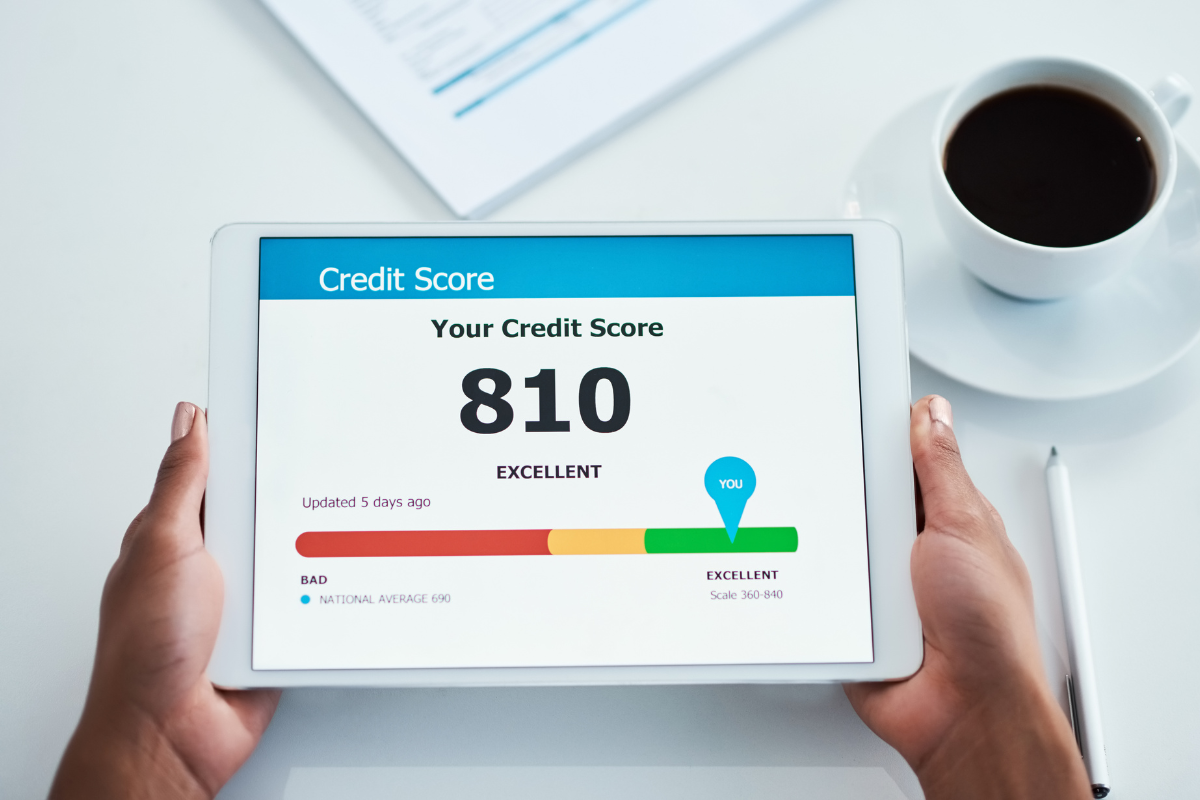What Credit Score Do You Need for a Loan? Here’s the Truth in Singapore
In Singapore, taking out a loan—whether it’s for personal needs, buying a home, or growing a business—is a common part of managing finances. But if you’re planning to borrow, there’s one thing you absolutely need to pay attention to: your credit score.
A good credit score plays a major role in whether your loan gets approved and what interest rates you’ll be offered. Yet, many people don’t fully understand how this score is calculated, what counts as a “good” score, or how it actually affects your chances.
Whether you’re applying through a bank or a Singapore licensed money lender, knowing how the credit score system works can make a big difference. In this article, we break it down in simple terms—so you know exactly what score you need and how to improve it if necessary.
Understanding Credit Scores in Singapore
Before diving into what score is needed, it’s important to understand how credit scores work in the local context.
In Singapore, credit scores are primarily managed by the Credit Bureau Singapore (CBS)—a centralised repository established by the Monetary Authority of Singapore (MAS) that collects data from all major retail banks and financial institutions. Every Singaporean or Permanent Resident who has applied for a personal loan or a credit facility is likely to have a credit file with CBS.
CBS assigns a credit score ranging from 1,000 to 2,000, with 2,000 being the highest and indicating the lowest risk of default. The score is accompanied by a risk grade, ranging from AA (excellent) to HH (high risk or defaulted). The score reflects your credit behaviour over the last 12 months, including your repayment history, the number of loan enquiries made, outstanding debts, and the length of your credit history.
What Is Considered a “Good” Credit Score?
In general, the following ranges are accepted as broad indicators of your credit standing:
| Score Range | Risk Grade | Risk Level |
|---|---|---|
| 1911–2000 | AA | Minimal Risk |
| 1844–1910 | BB | Low Risk |
| 1825–1843 | CC | Low-Medium Risk |
| 1813–1824 | DD | Medium Risk |
| 1782–1812 | EE | Medium-High Risk |
| 1755–1781 | FF | High Risk |
| 1724–1754 | GG | Very High Risk |
| 1000–1723 | HH | Default/Bancruptcy |
Generally, a score above 1844 (BB and above) is considered safe for most personal and housing loan applications. Scores below 1824 may raise red flags, and those in the GG or HH grades are often deemed too risky by mainstream banks.
Do Different Types of Loans Require Different Credit Scores?
Absolutely. Not all loans are equal, and neither are the credit score requirements.
1. Personal Loans
Banks in Singapore are usually conservative with personal loans. A credit score of BB (1844 and above) is typically required for smooth approval. If your score is lower, you may still qualify, but expect higher interest rates or a reduced loan amount. Those with a score below 1825 may be asked to provide collateral or a guarantor.
2. Credit Cards
For unsecured credit like credit cards, banks look for a stable repayment history and a score typically in the BB range or higher. Missed payments or multiple credit card applications in a short period can drag down your score, making it harder to get new cards.
3. Home Loans
Home loans are secured by the property itself, so banks may tolerate slightly lower credit scores compared to personal loans. However, a score in the high CC to BB range (roughly 1825 and above) is still recommended for better interest rates.
4. Car Loans
These loans fall somewhere between personal and home loans in terms of risk. A BB or strong CC score is ideal. You may still qualify with a lower score, but expect stricter terms.
5. Business Loans
For entrepreneurs, lenders assess both personal and business creditworthiness. A healthy personal credit score (at least BB) is usually necessary, especially if the business is new or does not have substantial financial records.
Factors That Affect Your Credit Score in Singapore
Understanding what impacts your credit score can help you improve or maintain it. CBS uses a proprietary model, but the major influencing factors include:
1. Payment History
Late payments—even by a few days—can have a significant impact. This includes not just loans, but credit card bills and even mobile phone contract instalments.
2. Credit Utilisation Ratio
Using too much of your credit limit, especially consistently, can signal financial stress. Aim to use no more than 30%–40% of your available credit.
3. Credit Applications
Every time you apply for a loan or credit card, it is recorded. Multiple applications within a short period suggest credit-hungry behaviour, which lenders view negatively.
4. Length of Credit History
The longer your credit history (with responsible repayment), the better. New borrowers may have lower scores due to limited data.
5. Public Records
Any court actions, bankruptcies, or default records are damaging and remain on your credit file for several years—even after settlement.
Can You Get a Loan with a Poor Credit Score?
While traditional banks may decline applicants with low scores, licensed moneylenders in Singapore offer more flexibility. Governed by the Ministry of Law, these lenders assess applications holistically—often considering income, employment history, and repayment ability rather than credit score alone.
However, borrowers should tread carefully. While the approval odds are higher, interest rates are usually steeper, and loan tenures are shorter. Always compare terms and ensure that repayments remain within your budget.
Additionally, those with poor scores should be cautious of unlicensed moneylenders (commonly known as Ah Longs) who prey on vulnerable individuals. They charge illegal interest rates, use harassment tactics, and operate outside the law. If in doubt, always verify a lender against the Registry of Moneylenders Singapore.
How to Check Your Credit Score in Singapore
You can request your credit report directly from CBS for a small fee (currently S$8.00). Here’s how:
- Visit the CBS website
- Apply online using Singpass or submit a manual form.
- Receive your report digitally or by mail.
You’re also entitled to one free credit report if your credit application is rejected by any bank or financial institution. Request it within 30 days of the rejection.
How to Improve Your Credit Score

If your score is less than ideal, it’s not the end of the road. With consistent effort, you can improve it over time.
1. Pay All Bills on Time
Timely payment is the most significant contributor to a healthy score. Set reminders or automate payments to avoid missed deadlines.
2. Lower Your Credit Utilisation
If your credit cards are nearing their limits, consider paying them down aggressively. This single action can yield noticeable improvements within months.
3. Limit Credit Applications
Avoid applying for multiple loans or cards within a short span. Each enquiry lowers your score marginally.
4. Avoid Closing Old Accounts
Even if you don’t use them, old accounts show a longer credit history. Keep them open if they don’t incur annual fees.
5. Check for Errors
Sometimes, mistakes in your credit report—such as wrongly attributed missed payments—can unfairly affect your score. Dispute inaccuracies directly with CBS.
Final Thoughts
Your credit score is not just a number—it’s a reflection of your financial reliability. In Singapore’s lending landscape, a credit score of at least BB (1844+) gives you a strong foundation for most loan applications. However, even if your score is lower, all is not lost. Alternative lenders, careful financial management, and time can help turn things around.
By understanding your credit report and the mechanisms behind it, you empower yourself to make smarter borrowing decisions. Whether you’re eyeing a dream home, consolidating debt, or planning a major purchase, let your credit score be a stepping stone—not a stumbling block—on your financial journey.







